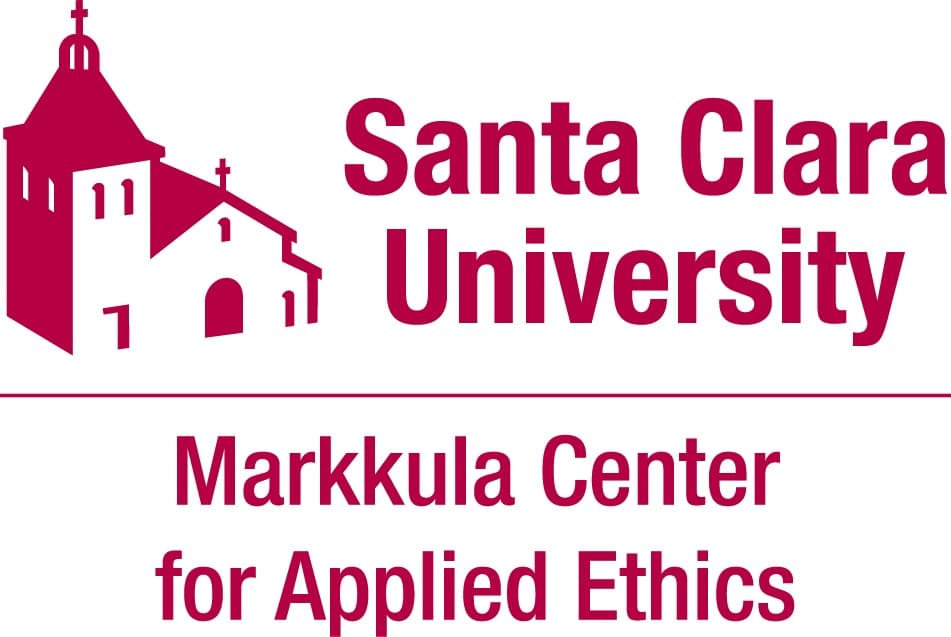
The following post was written by Issela Sono, Nonprofit Management and Governance Intern at the Standards for Excellence Institute®. Issela has volunteered in various nonprofit organizations in the Maryland and Washington, DC area while pursuing her undergraduate studies in Global Business and Public Policy. Issela is certified in Nonprofit Management from Duke University and is currently pursuing a M.B.A., with a concentration in Public Management, at Hood College. News coverage about fraud in the nonprofit sector is truly heartbreaking to say the least. Cases of executive directors, accountants, and others misusing misappropriating, or misspending charitable contributions all have been uncovered in a variety of ways. For instance, independent audits and whistleblower reports are two methods for exposing improprieties. Nonprofits are established to serve the community and, are subject to public scrutiny. As a start, nonprofits should do all that they can to follow the laws at the local, state and federal levels. While these efforts will help your organization comply with all the regulatory requirements, additional internal measures must be taken to encourage accountable and ethical operations and stewardship. The Standards for Excellence® code states: “One of a leadership’s fundamental responsibilities is to ensure that the organization governs and operates in an ethical and legal manner. Fostering exemplary conduct is one of the most effective means of developing internal and external trust as well as preventing misconduct… A nonprofit should have policies in place, and should routinely and systematically implement those policies, to prevent actual, potential, or perceived conflicts of interest.” As the code states, developing, implementing and enforcing policies to safeguard the organization’s assets are sound management practices, as these encourage employees to appropriately and ethically use organizational funds. Similarly, providing a safe and secure mean for staff to report improprieties within the organization will encourage transparency – a core value of nonprofit organizations. The 2.0 version of the Standards for Excellence® code divides the section on Legal Compliance and Ethics sections, each with a corresponding educational resource packet covering the following areas: Legal Compliance Checklist
- Requirements applicable to: tax exemption/tax exempt status; corporate start up; organizations with employees; solicitations, fundraising, and related activities; lobbying activities; and miscellaneous requirements.
- Featured attachments: Checklist of Compliance with Selected Legal, Regulatory, and Financial Reporting Requirements for Charitable Nonprofits,
Disclose It: A Charitable Nonprofit’s Guide to Disclosure Requirements
- Proper registration for soliciting contributions
- Disclosure requirements for: undraising solicitations; deductibility of donor contributions, in fundraising receipts and acknowledgements; financial documents that must be provided to a member of the public upon request; disclosure information for contests, sweepstakes and promotions
- Sponsorships and taxable Advertisements
Reporting Misconduct and Whistleblower Protection
- Benefits of reporting improprieties; Confidential means to report improprieties; Implementing a policy to promote confidential reporting
- Reporting material diversion of assets on the Form 990
- Featured attachments: Sample policy on Confidential Reporting of Financial Impropriety or Misuse of Organization’s Resources, Sample policy on Reporting Improprieties, Fraudulent or Dishonest Conduct, Sample Financial Impropriety or Misuse Policy, Sample Job Description for Individual (Volunteer or Paid Staff) Managing the Ethics Hotline.
Conflict of Interest
- Benefits and importance of a conflict of interest policy;
- Identifying conduct that raises conflict concern;
- IRS conflict of interest concerns; Disclosure; Independent review and approval; Perceived conflicts and the appearance of impropriety – policy in action; Steps to take in preparing a conflict of interest policy
- Attachments: Model Conflict of Interest Policy, Model Conflicts of Interest Annual Affirmation of Compliance and Disclosure Statement, Sample Questionnaire on Family and Business Relationships and Interested Person Independence
Developing a Code of Ethics
- Guides to crafting a code of ethics that conveys the organization’s values to stakeholders and the public
- Step-by-step strategy for developing a code of ethics
Working Professionally and Respectfully with Program Stakeholders
- Working respectfully with those individuals whom you serve
- Confidentiality policies;
- Grievance procedures
- Attachments: sample confidentiality policy, sample privacy policy and sample fundamental human rights policy
As is the case with all our updated educational resource packets, the documents include sample policies, procedures, and other materials that will guide your organization through the process of developing and implementing essential policies for your nonprofit. The new educational resource packets are available, free of charge, to all our Standards for Excellence® Institute members and can be accessed at this link:https://standardsforexcellence.org/digArticle/New-Educational-Resources-Available-Mission-Strategy-and-Evaluation If you are not a member yet, sign up now to have full access to these educational materials and many more!



